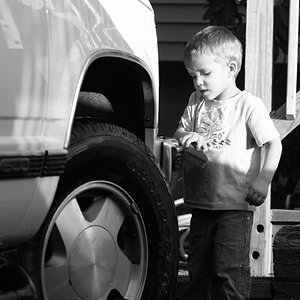ceemac
No longer a newbie, moving up!
- Joined
- Oct 8, 2017
- Messages
- 473
- Reaction score
- 226
- Location
- Cariboo, B.C.
- Can others edit my Photos
- Photos OK to edit
I'm not familiar with Nikon so I might be saying the same thing. Buy more camera than you think you need and learn you way into it. Fully manual incl ISO. Live view for awkward camera positions. Able to shoot RAW. Continuous shooting, exposure bracketing, WB selections, metering options are all things I'm learning about. I'd never heard of a histogram before ( I should use it more ). The ability to do HDR is great. Digital is so much different than film.
I bought a Canon T5i with 18-55 kit lens for about 800 can. It will be a while before I need more camera.
I bought a Canon T5i with 18-55 kit lens for about 800 can. It will be a while before I need more camera.


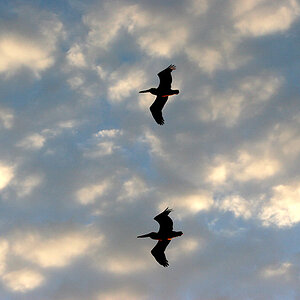
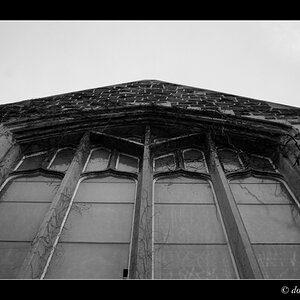
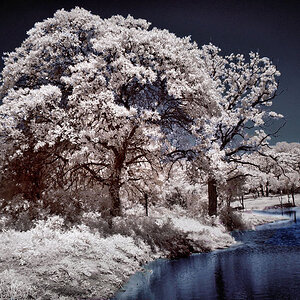
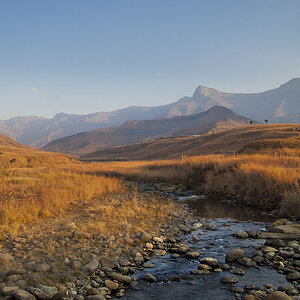
![[No title]](/data/xfmg/thumbnail/39/39499-b11b4321c0f029e3a5523ccab621b71c.jpg?1619739057)


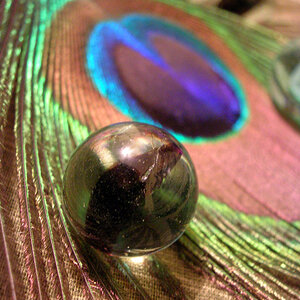

![[No title]](/data/xfmg/thumbnail/36/36658-525087f40e1bdbfe8b995ce4296ef4a6.jpg?1619737675)
![[No title]](/data/xfmg/thumbnail/42/42059-61b97bbebb00e6276672551f4e3b3e43.jpg?1619739995)
